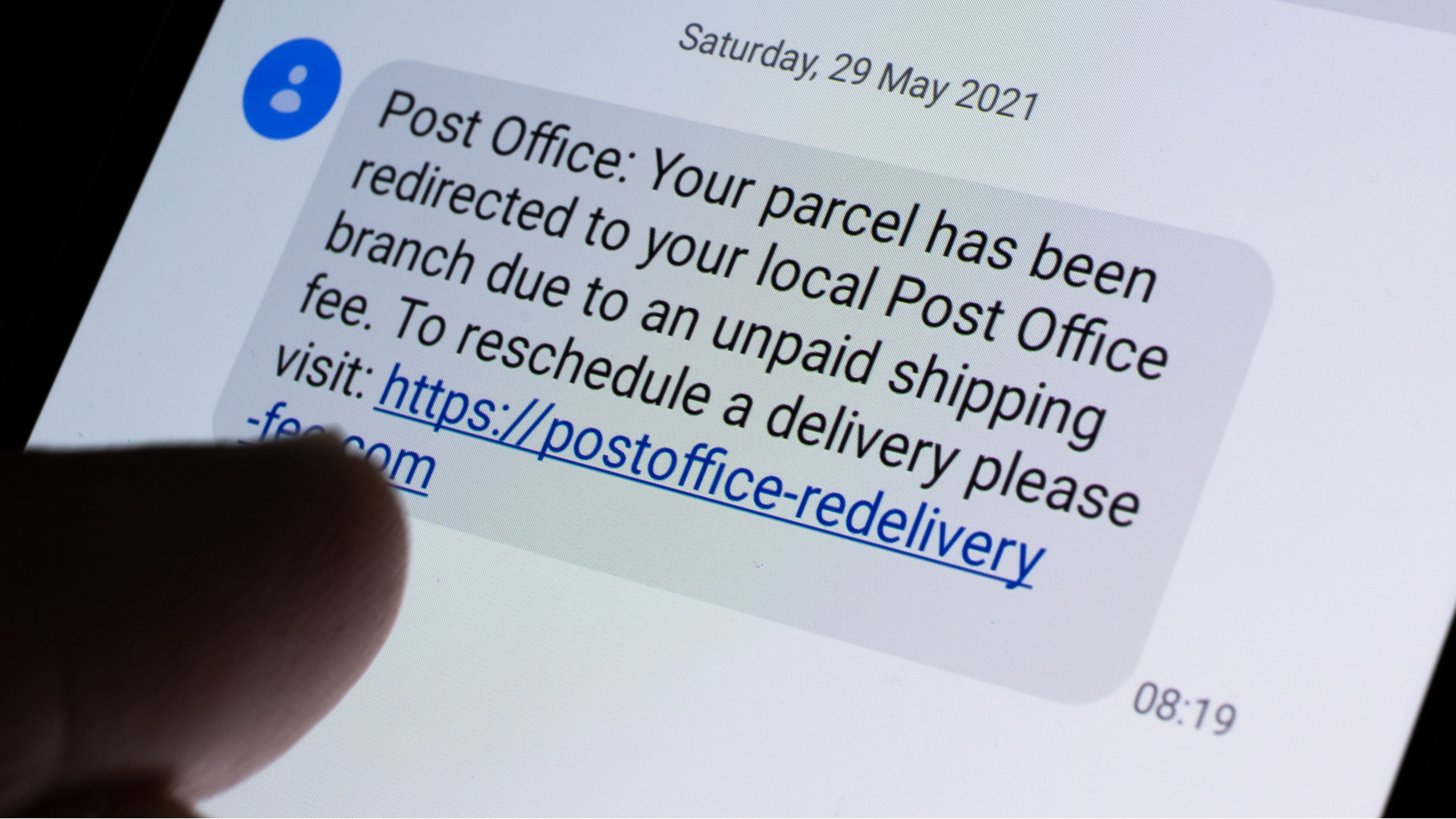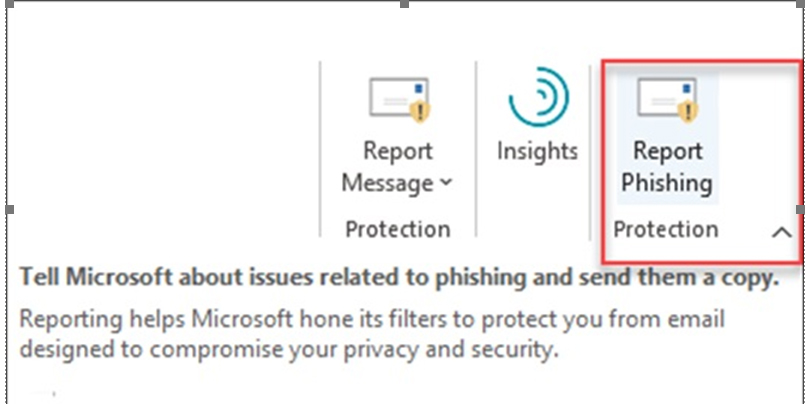HMRC takes down record number of malicious websites in scam crackdown
Deploying new technology has also led to a dramatic reduction in the number of fake texts, according to figures

HMRC has requested the takedown of more than 20,000 malicious websites in the past 12 months, but has warned organisations and the public to remain vigilant.
The crackdown on scams and malicious sites has seen a 29% increase in the number of takedown requests made last year - 20,750 against 16,069 between June 2016 and 2017 - according to figures released by the department.
HMRC has also claimed to have saved the public more than 2.4 million by tackling a method by which fraudsters lure the public into calling premium phone lines listed on fake website resembling the department's - pinning its overall increase in output on a handful of new technologies it has deployed.
"HMRC is cracking down harder than ever, as these latest figures show," said Mel Stride MP, the financial secretary to the treasury.
"But we need the public's help as well. By doing the right thing and reporting suspicious messages you will not only protect yourself, you will protect other potential victims."
The department has trialled a new technology that stops phishing texts from being delivered, identifies these scams with 'tags' suggesting they are from HMRC. It has recorded a 90% reduction in reports of fake HMRC texts.
Meanwhile, the department implemented an email verification system, dubbed DMARC, that gives its emails an added layer of credibility against a wave of fake emails designed to resemble HMRC, often aimed at tricking recipients into handing personal information.
Sign up today and you will receive a free copy of our Future Focus 2025 report - the leading guidance on AI, cybersecurity and other IT challenges as per 700+ senior executives
Since DMARC was introduced in 2016, HMRC said, there has been approximately half a billion phishing emails blocked, with the most common type of scam email or text message informing the recipient they are due a 'tax refund'. The department said it does not offer tax refunds via such means.
Meanwhile, HMRC has released a catalogue of known phishing attacks to help organisations and members of the public who may be targeted to report any malicious activity they may come across.
Citing a wide range of activity, the department highlighted rebate scams, bogus phone calls and social media scams as being particularly prevalent, and recommended the public forward all potentially malicious activity found to phishing@hmrc.gsi.gov.uk.

Keumars Afifi-Sabet is a writer and editor that specialises in public sector, cyber security, and cloud computing. He first joined ITPro as a staff writer in April 2018 and eventually became its Features Editor. Although a regular contributor to other tech sites in the past, these days you will find Keumars on LiveScience, where he runs its Technology section.
-
 Trump's AI executive order could leave US in a 'regulatory vacuum'
Trump's AI executive order could leave US in a 'regulatory vacuum'News Citing a "patchwork of 50 different regulatory regimes" and "ideological bias", President Trump wants rules to be set at a federal level
-
 TPUs: Google's home advantage
TPUs: Google's home advantageITPro Podcast How does TPU v7 stack up against Nvidia's latest chips – and can Google scale AI using only its own supply?
-
 C-suites consider quantum a serious threat and "amazing" deepfake attacks are just 'months away'
C-suites consider quantum a serious threat and "amazing" deepfake attacks are just 'months away'News Deepfake technology has matured at a rapid rate, and video scams are likely to be a on par with the more convincing voice-only campaigns very soon, one expert says
-
 Shiseido reportedly suffers data breach
Shiseido reportedly suffers data breachNews The Japanese cosmetics company has been accused of failing to notify affected staff of the leak
-
 Almost a quarter of all spam emails were sent from Russia in 2021
Almost a quarter of all spam emails were sent from Russia in 2021News Last year's spam emails mostly centred around money and investment, Bond and Spider-Man movie premieres, and the pandemic
-
 HMRC issues scam warning ahead of Self Assessment deadline
HMRC issues scam warning ahead of Self Assessment deadlineNews The department stated that 2021 has already seen 797,010 tax-related scams reported
-
 Ofcom report reveals alarming uptick in smishing attacks
Ofcom report reveals alarming uptick in smishing attacksNews Text-based scams now more common than phone calls among young adults
-
 Smishing attacks increased 700% in first six months of 2021
Smishing attacks increased 700% in first six months of 2021News Which? has urged businesses to play their part to protect people from text message scams
-
 Delivery scams become most common form of smishing
Delivery scams become most common form of smishingNews Cyber security provider Proofpoint finds a major increase in the number of threat actors impersonating postal services
-
 NCSC simplifies Outlook scam-reporting tool
NCSC simplifies Outlook scam-reporting toolNews Users are now able to report phishing emails with just one click